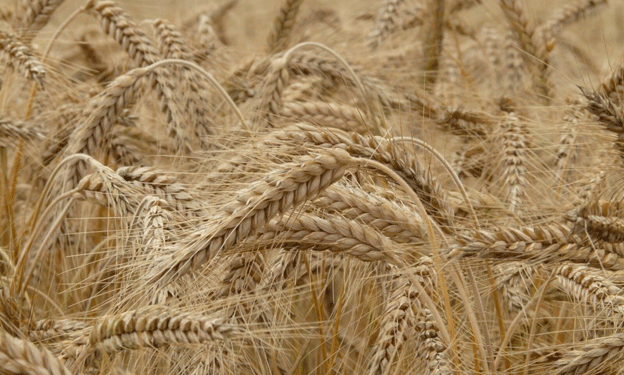Sofya Ilyina’s visit to Penza was more than just a routine trip; it was an opportunity to tap into the wealth of agricultural knowledge that Nikolay Pustovalov has accumulated since 2004. Pustovalov manages an impressive 370 hectares of farmland, consistently producing over 600 tons of grain annually. His success in grain production, particularly with certain wheat varieties, piqued Ilyina’s interest, leading to a discussion that could have lasting impacts on agricultural education in the Moscow region.
The Wheat Varieties: ‘Zlata’ and ‘Skipetr’
During their meeting, Pustovalov revealed that his high yields were largely due to the cultivation of spring wheat ‘Zlata’ and winter wheat ‘Skipetr.’
- Zlata: Over the past eight years, this variety has proven to be highly productive and well-suited to the climatic conditions of the Moscow region. Its adaptability, coupled with excellent baking qualities, makes it a valuable crop for farmers aiming to maximize their yield.
- Skipetr: For the last five years, this winter wheat variety has also been a cornerstone of Pustovalov’s farming strategy. Known for its resilience against adverse factors such as lodging and drought, ‘Skipetr’ offers stability and reliability, essential traits for any successful crop in the variable Russian climate.
Educational and Agricultural Impact
Pustovalov’s generosity extended beyond advice; he also provided seeds of these unique wheat varieties to be planted on Malinskaya School’s experimental plot, known as “Polevodstvo.” This hands-on opportunity will allow students to directly compare these new varieties with more commonly grown winter wheat varieties in the Moscow region, such as ‘Moskovskaya 56’ and ‘Al’bireo.’
The integration of these innovative varieties into the school’s curriculum represents a significant leap forward in agricultural education. It offers students a unique opportunity to engage with cutting-edge agricultural practices, potentially sparking an interest in farming careers. Moreover, it fosters a deeper understanding of the importance of crop selection and management in achieving high yields and ensuring food security.
Inspiring the Next Generation of Agronomists
The collaboration between Malinskaya School and Nikolay Pustovalov is more than just an educational experiment; it’s an inspiring example of how knowledge transfer between experienced farmers and educators can lead to practical, impactful learning experiences. The insights gained from this project could inform future agricultural practices in the region and beyond.
The introduction of ‘Zlata’ and ‘Skipetr’ wheat varieties into the Malinskaya School’s agricultural program is a forward-thinking initiative that bridges the gap between education and practical farming. This project not only enriches the students’ learning experience but also contributes to the broader goal of advancing agricultural practices in Russia. By nurturing a new generation of informed, skilled farmers, initiatives like this ensure the continued success and sustainability of Russia’s agricultural sector.





